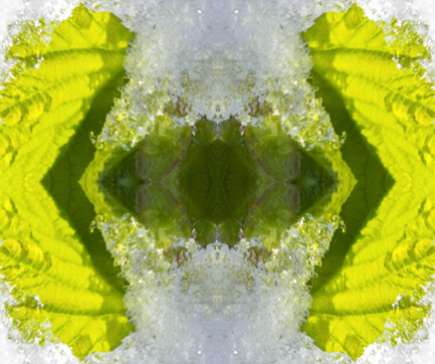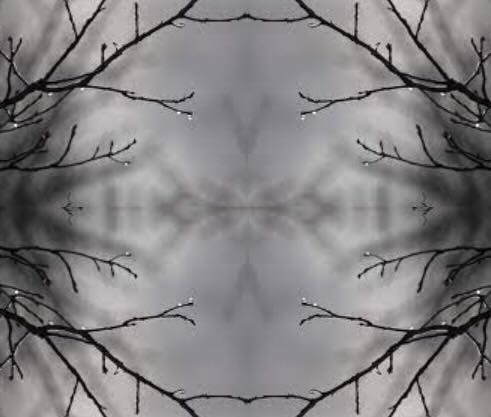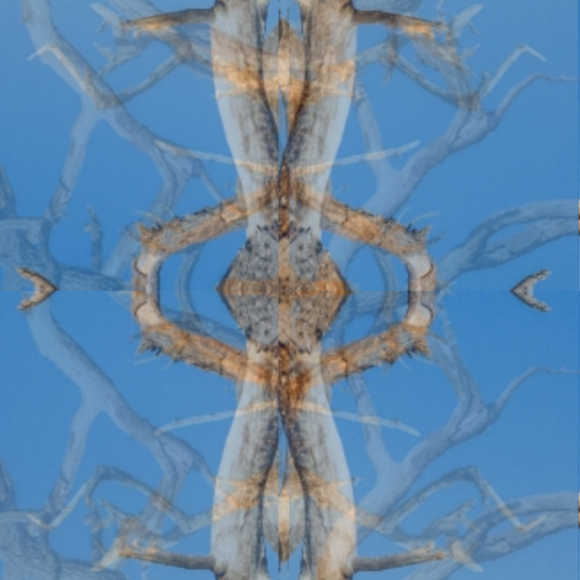When I reconstructed the main line of argument in Jung’s Grundproblem lecture, I noted that it proceeds in two steps. The first is an endorsement of a version of phenomenalism: the view that only particular episodes of experience are real, whereas whatever content they purport to refer to is a later construct (and therefore systematically unknowable as such). If we take “the psychological” as the entirety of such episodes, we have already delineated “the real” — the two are co-extensive.
zweifellos ist [das Psychische] unsere einzige unmittelbare Erfahrung. Alles, was ich erfahre, is psychisch. Selbst der physische Schmerz ist ein psychisches Abbild, das ich erfahre; alle meine Sinnesempfindungen, die mir eine Welt von raumerfüllenden, undurchdringlichen Dingen aufzwingen, sind psychische Bilder, die einzig meine unmittelbare Erfahrung darstellen, denn sie allein sind es, die mein Bewußtsein zum unmittelbaren Objekt hat. […] Alles, was wir je wissen können, besteht aus psychischem Stoff. Psyche ist das allerrealste Wesen, weil es das einzige Unmittelbare ist. (§ 680)
But this proposal is difficult to make sense of in a consistent manner.

1. To begin with, note that the central notion here is that of immediacy (“unmittelbar”, “das Unmittelbare”). The word appears four times in the quote above. But apart from the insistent repetition, it is neither explicated nor do we find any argument for the claim that only that which is immediate is therefore “real”.
Thus even if we accepted Jung’s claim that psychological experience (episodes of awareness) is the only kind of thing that is immediate, there is still an additional premise: that immediacy is the criterion of reality (i.e. that the immediate is real whereas anything not immediate is therefore not real). That latter premise is far from plausible: it would mean that something mediated, simply for that reason, be unreal (or at least unknowable to be real or not). Of course, if something is mediated, then the medium might introduce an error; but it does not follow that it always does. (Compare: if someone shows you a photograph of me sporting a walrus moustache, that’s likely a fake — I never had one. But it clearly doesn’t follow that all photos of moustached faces are fakes; it would be absurd to claim that all we can ever know is that there are those photos, but can never be sure if any man ever had a moustache or not.) Moreover, there is a difference between a misrepresentation of something, on the one hand, such as seeing an object as being larger than it is, and an erroneous impression of something as existing when it doesn’t, such as when I’m seeing a person where nobody else can see one, videocameras show nothing, and so on. Even among experiences that do, in some way, misrepresent things due to faulty mediation (which is arguably the smaller part), those that misrepresent something of questionable existence as actually existing are quite rare. Whether such edge cases should carry the burden of a very general ontological statement is highly debatable.
Now, perhaps these objections can be answered. (They have been addressed by philosophers who held phenomenalistic views similar to those of Jung’s here, such as Alfred Ayer.) But at the very least, the whole idea would need more careful explication than a simple (repeated) mentioning of the “immediate” character of particular psychological episodes, if really any ontological implications were to be drawn from it.
2. There is another problem with the transition from “immediate” to “real”. It has to do with the question which bits of “experience” we’re actually talking about. Take scientific observation first. A foundational element of the scientific method is that it requires experience to be intersubjectively verifiable. No observation can be relied on if it is just a single person who experiences it; it needs confirmation — at least once (and in principle, continuously repeatable). And by that point, it cannot be “immediate” any more: it has to be described in a recognizable form, and there must be forms of communication and comparison of results in order to provide verification. In other words, we’re never dealing directly with any “immediate” data, but with an observation which is already processed in the concepts of a shared language and (in the case of input data for scientific theories) in the terms of some pre-existent theoretical framework.
But the same applies to subjective experience, as it is used by Jung (and others) in their tradition of psychology and psychotherapy. There, the basic data are not “immediate” experiences either, but experiences from introspection or dreams which are remembered or recounted in the analytical conversation. Jung’s own frequent examples are all of this kind, and of course none of these is “immediate” in any plausible sense of that term. They are put, first in words and sentences, then in narratives; they are “amplified” by contextualizing them with associations from the subject themselves and from mythical stories, they are pattern-matched against recurring archetypes, and so on. There may have been something “immediate” at the outset, but at the point where it is used in Jung’s psychology, that immediacy has long been lost, or, to put it differently, a mediating and transformative process (of formulation, classification, distinction, assimilation to narratives and patterns) has taken place, and the data which make up the material from which Jung forms his theories are not the inputs, but the outputs of that process.
What is “immediate” in Jung’s sense is just as unknowable as the material objects or ideas he talks about. (This applies both to introspection and, perhaps more obviously, to experiences communicated in conversation, such as in analysis.)



